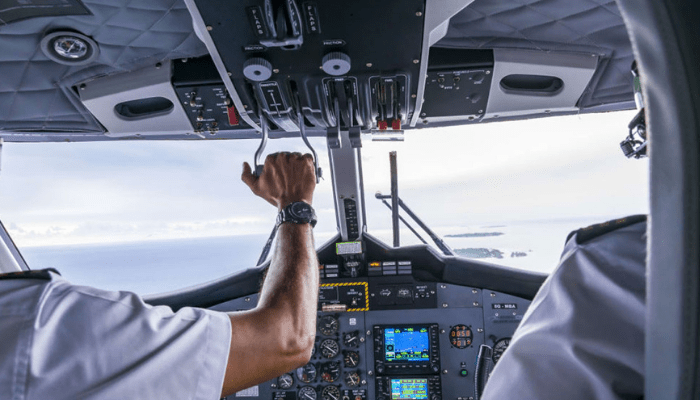Major Energy Marketers Association of Nigeria (MEMAN) has jettisoned the importation of Premium Motor Spirit (PMS) called petrol, citing a competitive market framework in place.
The association said it jettisoned petrol import even though its members had existing import licenses from the Nigerian Midstream and Downstream Petroleum Regulatory Authority (NMDPRA).
The chief executive officer (CEO) of MEMAN, Clement Isong, who provided update on the association’s engagement with Dangote refinery said the country’s petrol supply chain is shifting and members had sourced 148,463,142 litres of petrol from the Dangote Refinery between September 16 and November 24, 2024, averaging 2,120,902 litres daily over the 10 weeks.
As of late 2024, MEMAN members, including 11 Plc, Ardova Plc, Conoil, MRS, NNPCL, and TotalEnergies, collectively account for approximately 40-50% of Nigeria’s petroleum products market share.
Isong, dropped these figures during a quarterly webinar on Wednesday during which he discussed the topic Fuel Pricing.
Isong, represented by the head of Economic Intelligence Research Regulation, Ogechi Nkwoji explained that, while MEMAN members have licenses to import PMS have in recent time relied on local supply from Dangote Refinery due to the competitive market framework already in place.
He noted that products lifted from Dangote Refinery were transported via trucks and vessels to marketers’ facilities in Lagos, highlighting the operational flexibility within the supply chain.
Providing a detailed breakdown of volumes lifted during the 10 weeks, Isong stated that MEMAN members loaded 29,468,333 litres in Week 38 (September 16–22, 2024), followed by 20,843,322 litres in Week 39 and 27,236,283 litres in Week 40.
He said, “However, volumes began to decline in subsequent weeks, reaching a low of 1,600,000 litres in Week 46.
“The supply slightly rebounded to 11,596,397 litres by Week 47 (November 18–24, 2024).
A breakdown of products lifted from the facility in 10 weeks, showed that from Monday, September 16, 2024, to Sunday, September 22, 2024 (Week 38), MEMAN members loaded 29,468,333 litres of PMS.
By Week 47 (Monday, November 18, 2024, to Sunday, November 24, 2024), the loaded volume slightly rebounded to 11,596,397 litres.
This development was facilitated by a federal government directive which ended NNPCL’s intermediary role paving the way for independent petroleum marketers to negotiate and purchase PMS directly from local refineries, fostering competition and efficiency.
The CEO disclosed that the spot price of petrol based on the 30-day pricing trend from October 10 to November 22, 2024, stands at N976.07 per litre, adding that the average price during the same period was N971.14 per litre.
He further revealed that the product cost per metric tonne is estimated at N708,390, calculated using a foreign exchange rate of N1,665.99 to the dollar.
Breaking down the factors influencing petrol pricing in Nigeria, Isong explained that critical cost components include the jetty location, such as ASPM, and a standard product quantity benchmarked at 38,000 metric tonnes.
He said: “The pricing methodology relies on the Argus Gasoline Euro-Bob benchmark for West African deliveries, combined with an average premium.
“The exchange rate is derived from the Central Bank of Nigeria’s (CBN) weighted average rate within the Nigerian Foreign Exchange Market (NFEM), which significantly impacts the final price.”
Isong noted that finance charges contribute heavily to the cost structure, pegged at 32 per cent per annum over a 30-day cycle. Freight costs for Ship-to-Ship (STS) operations and related charges reflect a 10-day delivery timeframe to the ASPM jetty, Lagos Midstream Jetty (LMJ) located at the Lagos Apapa Harbour.
“Other local charges include those imposed by the Nigerian Ports Authority (NPA) for services such as towage, berthage, and cargo handling, as well as contributions to NIMASA at 2 per cent of local freight and regulatory fees from the Nigerian Midstream and Downstream Petroleum Regulatory Authority (NMDPRA), which add a combined one per cent levy,” Isong said.
He emphasised that the miscellaneous costs are capped at N2.00 per litre, further illustrating the country’s complex dynamics of fuel pricing







